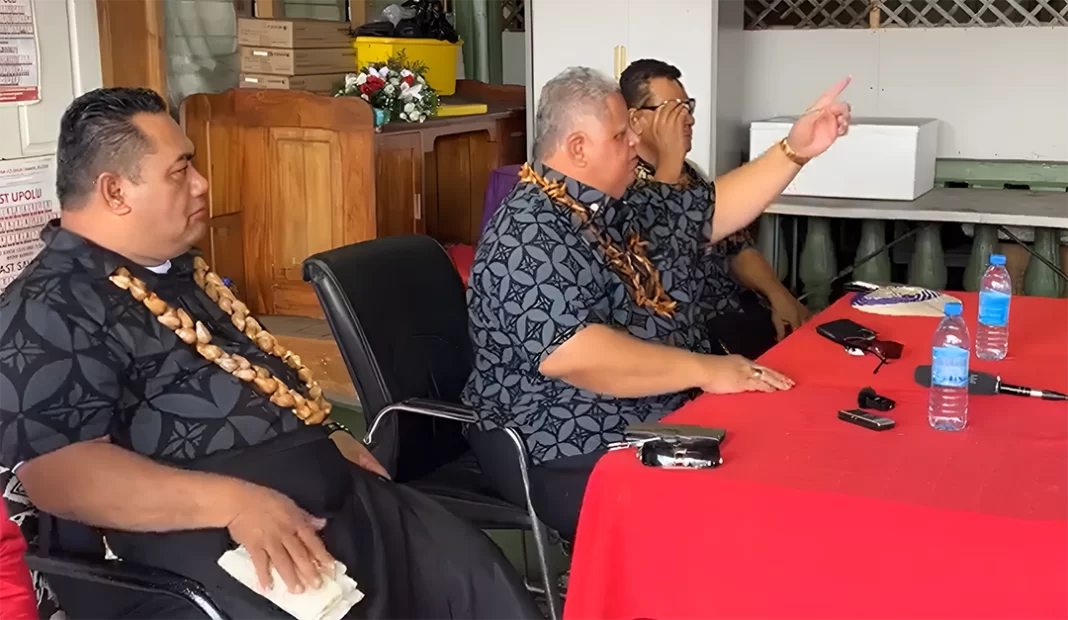The reintroduction of criminal libel laws under the HRPP government led to the convictions of King Faipopo and Sione Lema’i. Now, I ask: does the same apply to government ministers? If the law is to uphold justice and fairness, no one should be above it.
The question isn’t rhetorical. Yesterday, I made a post on Facebook about this very issue, and it sparked a discussion among commenters. Recent events show breaches of the law and delayed justice, which has finally happened now. Why didn’t this happen when others were charged before? Such selective enforcement risks undermining the public’s faith in Samoa’s justice system. The rule of law must apply equally—to everyone—or it risks becoming meaningless.
“No one is above the law”, a commenter wrote. I completely agree. Yet, we’ve seen individuals who seem to place themselves above the law without accountability. To maintain public confidence, our leaders must show that no one is exempt.
Another commenter, Ianeta Singh, argued there was no defamation in one case and that matters should be left to the courts. However, as I pointed out, one of the charges involves defamation. The legal process will determine the truth, but the public cannot ignore the broader question: are laws consistently applied?
Tony Tupuola Taulalo Te’o highlighted the presumption of innocence, an essential cornerstone of justice. Still, if someone is found guilty of defamation, as the charges suggest, then consequences must follow. Anything less undermines justice.
One commenter, Inez Sua, raised an important question: “Who did he defame?” She also noted that the same law should apply to Tuilaepa, who has defamed many people publicly. Her comment underscores the perception of double standards.
Parliamentary privilege was also discussed. Vincent A Vermeulen explained that while privilege can protect statements made in parliament, it should not be abused. I concur—privilege must not shield leaders from accountability.
The role of the media also came under scrutiny. As Vermeulen pointed out, the media often fails to hold leaders accountable, instead chasing distractions. I agree; biased reporting undermines public trust. Some media outlets lean towards political sides, feeding the nation only one perspective. This imbalance is detrimental to informed public discourse.
In a related development, La’auli Leuatea Polataivao Schmidt recently spoke to his supporters at the Apia Police Headquarters, following reports of multiple charges against him. It is understood that around 10 charges (‘moliaga’) are currently with the lawyers.
La’auli now joins others—including Fepuleai, Lise, and Sam’s wife—in facing legal scrutiny, adding further developments to this ongoing case.
In Samoa, accountability must not be optional. It’s time for our leaders to lead by example. If the rule of law is to mean anything, it must be applied consistently. The public’s trust depends on it.





